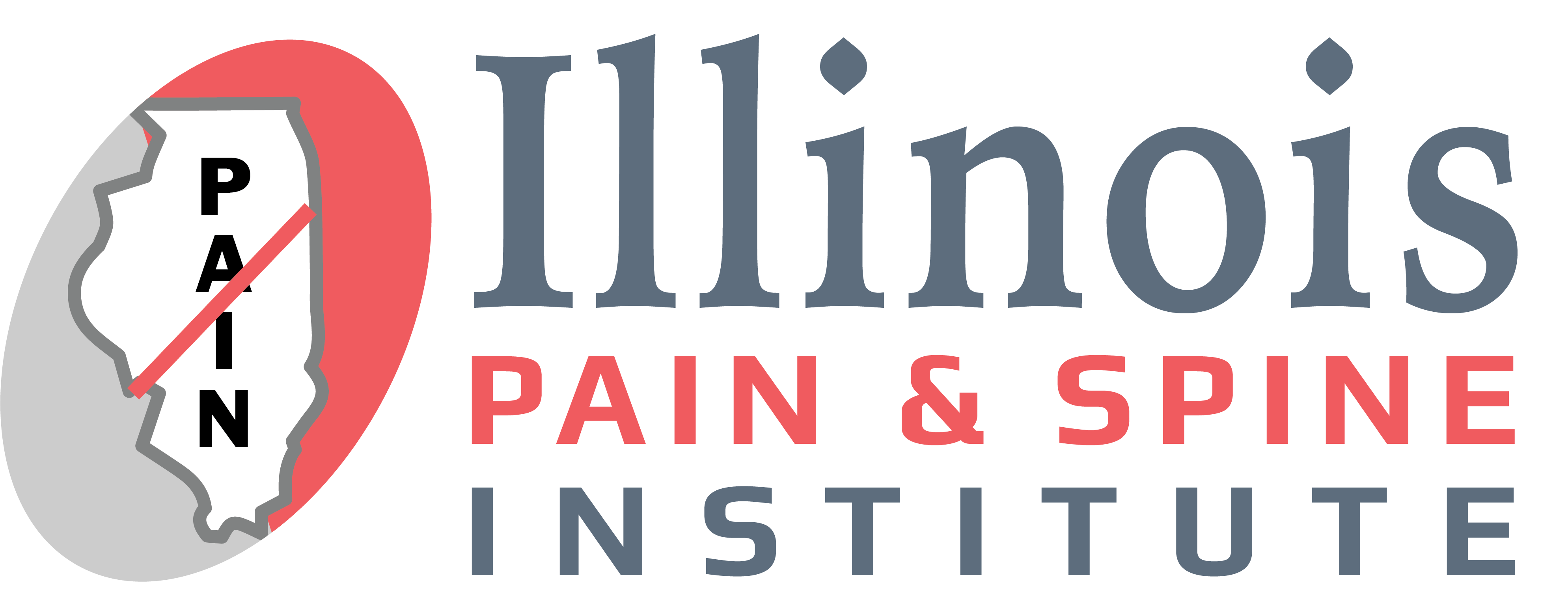31 Jul Complications Associated With Carpal Tunnel Syndrome
Carpal tunnel syndrome is a common condition that affects a wide variety of people. It is caused by compression of the median nerve. Ultimately, carpal tunnel syndrome results in weakness, numbness, or tingling in the hand. Compression of the median nerve is usually caused by continuous pressure on the underside of the wrist. This can be caused by anything from repetitive motions where the hands are lower than the wrists as in the case of typing or playing the piano. It can also have causes that are linked to diabetes, hypothyroidism, or rheumatoid arthritis. It is important to have carpal tunnel treated as soon as it occurs. Otherwise, it could lead to further complications.
Most patients who have carpal tunnel will be able to tell without a visit to the doctor. However, if you are exhibiting signs of carpal tunnel syndrome, it is important to get a confirmed diagnosis from a doctor to rule out any other conditions. Some of the common symptoms of carpal tunnel syndrome include burning, tingling, itching, or numbness of the palm and thumb or index and middle finger, weakness of the hand which leads to trouble grasping things, shock-like feelings that extend into the fingers, or a tingling sensation that moves into the arm. Symptoms tend to flare up when your wrist is positioned in a way that puts extra pressure on the median nerve.

Initially, shaking our hands and wrist may reduce or eliminate the symptoms. However, left untreated, the condition typically tends to worsen. As carpal tunnel syndrome worsens, patients may notice even more weakness in their hands to the point they cannot perform normal daily functions. In addition, the muscles in the hands may shrink which can lead to an increase in pain and muscle cramps. In advanced stages of carpal tunnel syndrome, nerve impulses may become slower, you may have no feeling in the fingertips, and this will ultimately lead to less strength and coordination.
Left untreated, carpal tunnel syndrome can lead to permanent damage. This could mean a permanent inability to use your hands and fingers properly. Therefore, if you suspect you are suffering from carpal tunnel syndrome, it is important to visit a physician immediately. The earlier treatment is given, the more effective it is. Treatment typically consists of carpal tunnel injections, which reduce pain and inflammation around the nerve. Physical therapy can also be beneficial for carpal tunnel patients by improving flexibility and strength in the muscles of the wrist and hand.
While carpal tunnel syndrome is a common occurrence, it should not be left untreated. Many people experience the symptoms of carpal tunnel syndrome and chalk it up to poor typing posture. However, left untreated, carpal tunnel syndrome can leave patients with permanent damage in their hands and wrists which can greatly affect their quality of life. Fortunately, treatment for carpal tunnel syndrome is relatively simple and safe and consists of injections to help swelling and pain diminish, as well a physical therapy to rebuild strength and flexibility in the hand and wrist.

